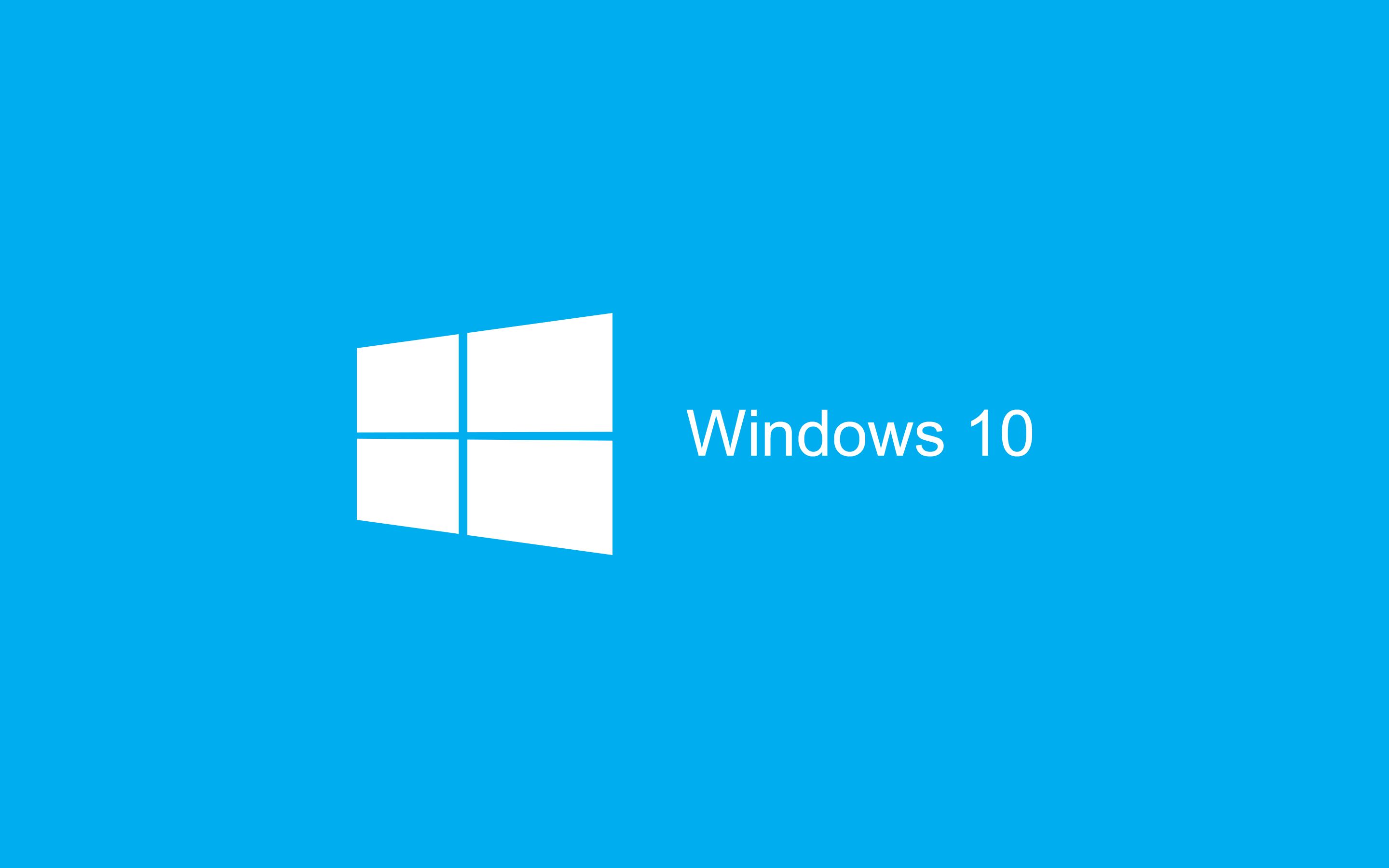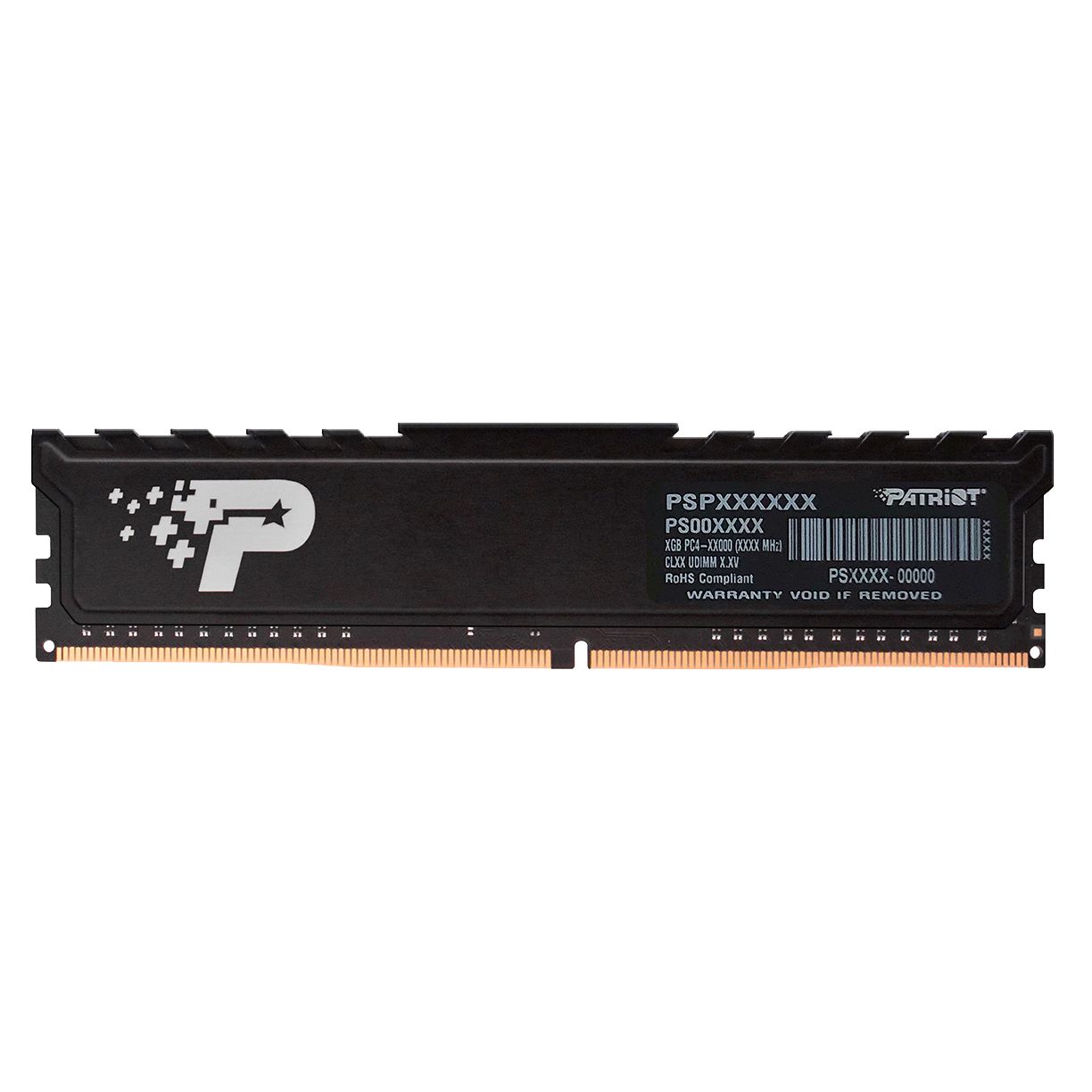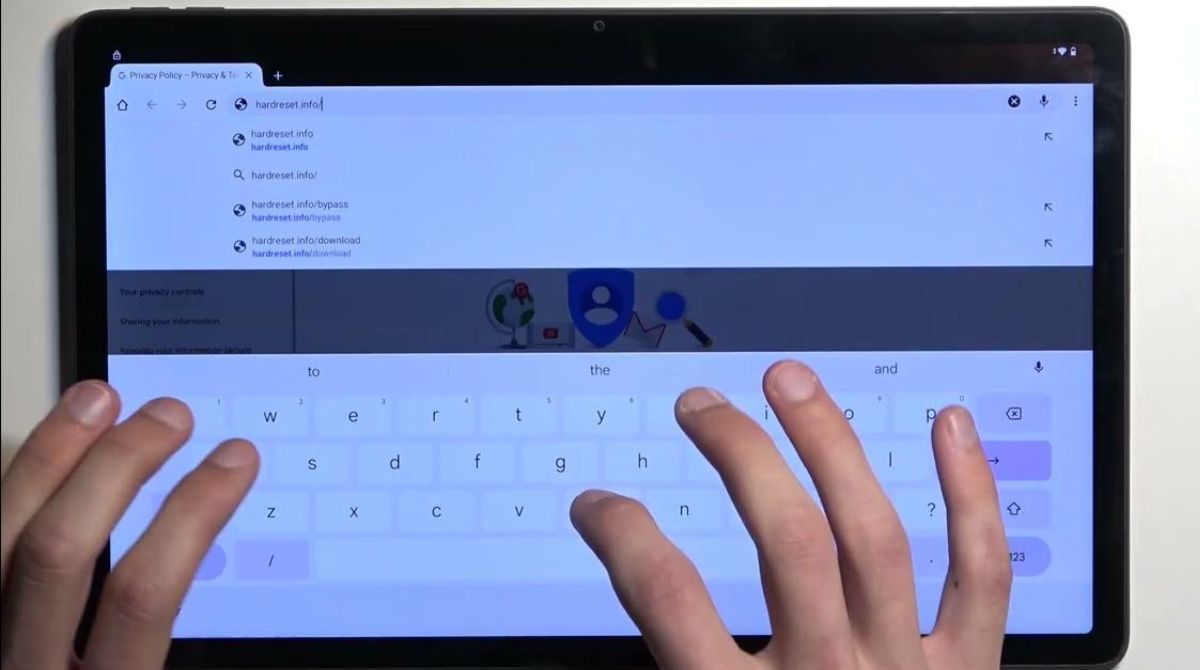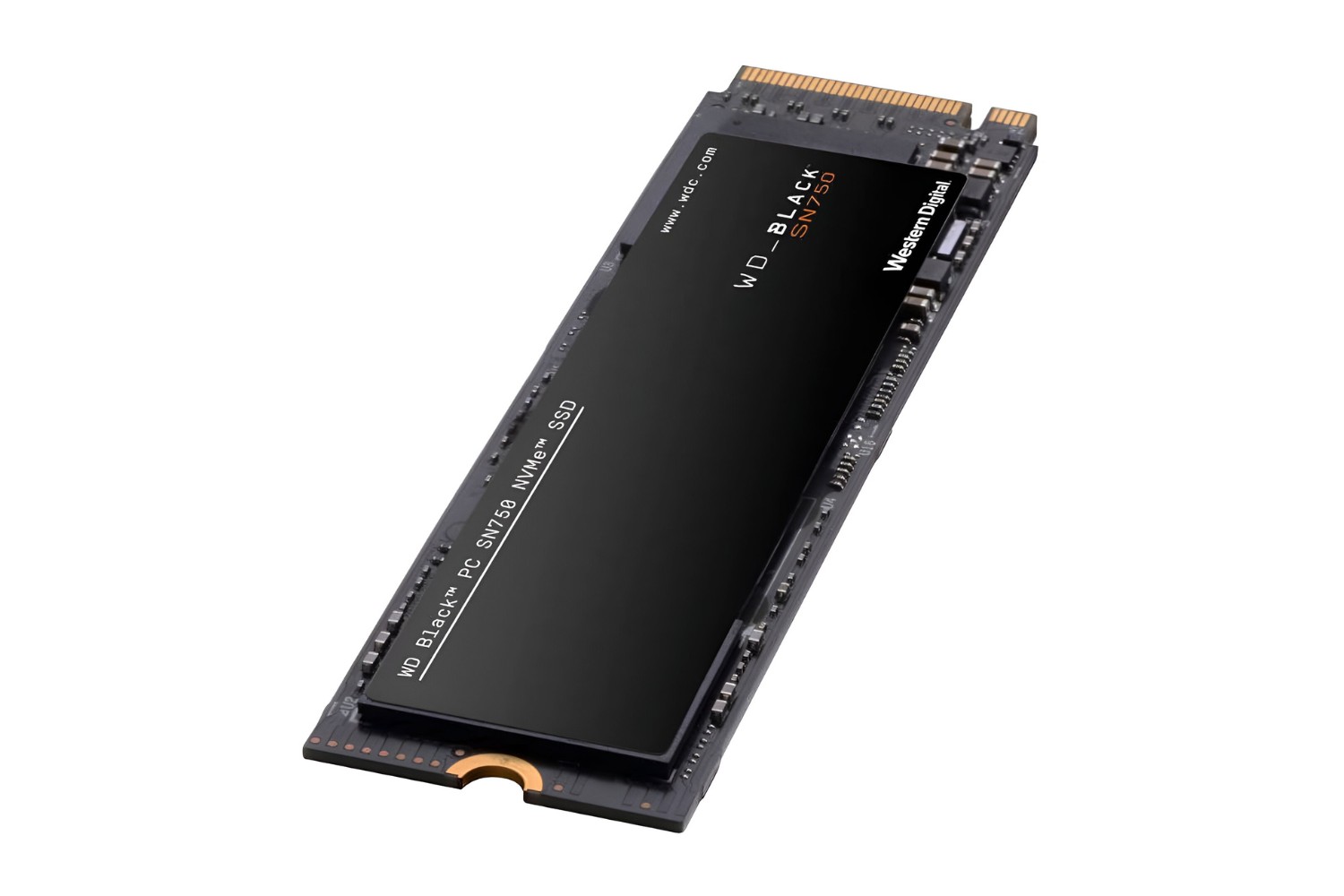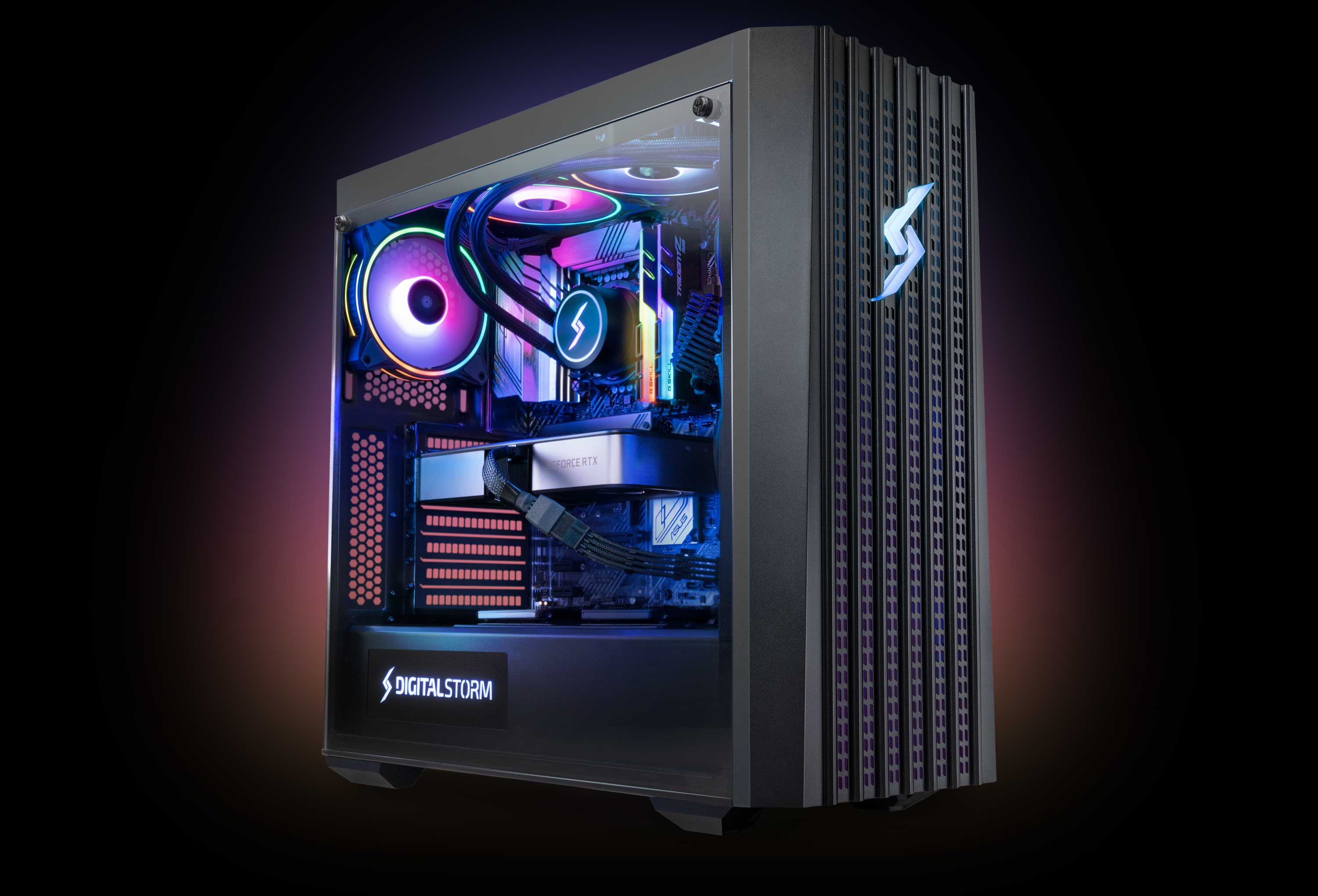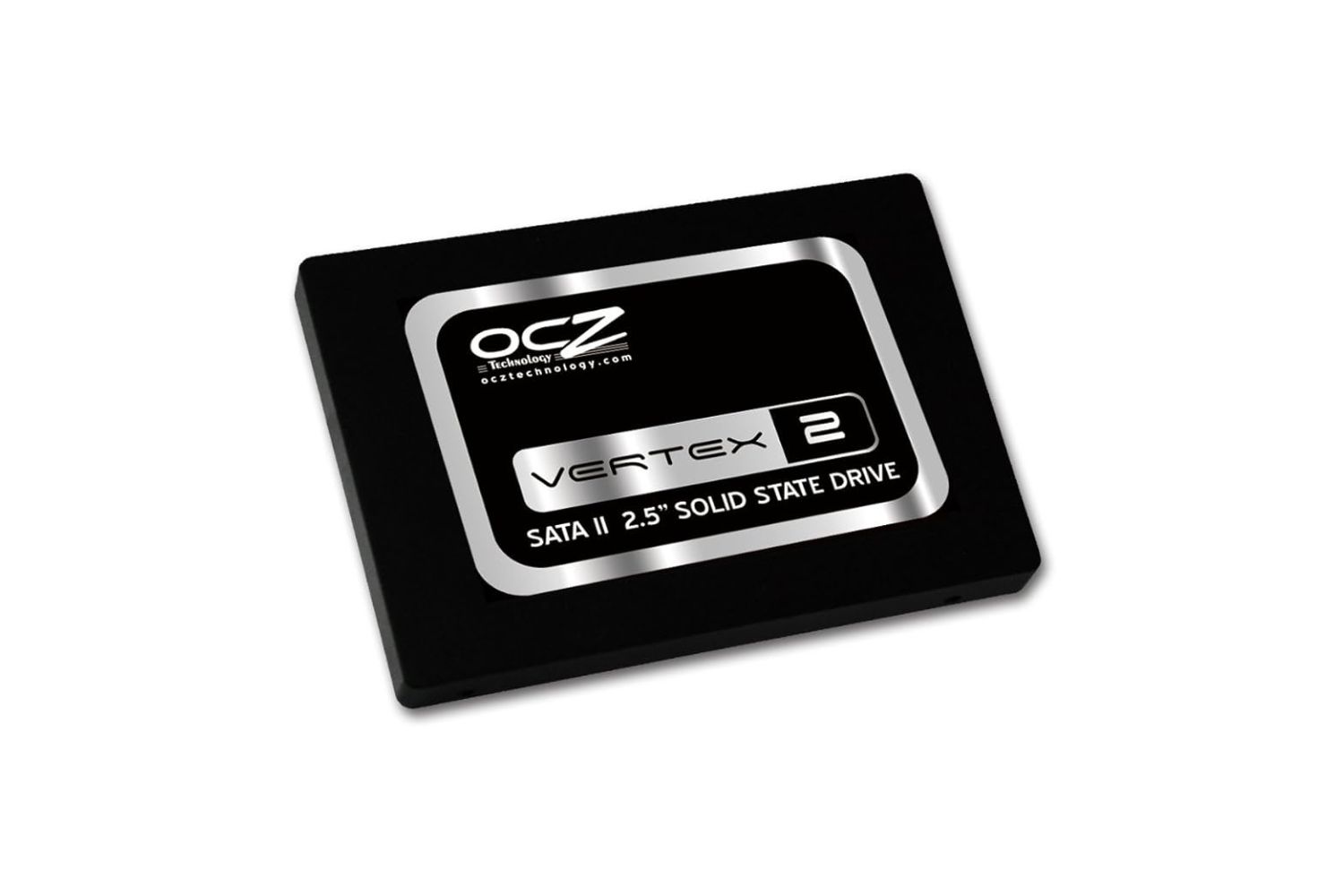Introduction
When it comes to operating systems, Windows is one of the most popular choices for both personal and professional use. However, when you purchase a Windows operating system, you will come across different options, including OEM Windows. But what exactly is OEM Windows and how does it differ from other versions?
OEM stands for Original Equipment Manufacturer, and in the context of Windows, it refers to a version of the operating system that is specifically designed and licensed for installation on new computers by computer manufacturers. Unlike retail versions of Windows that are sold to end-users, OEM Windows is typically pre-installed on computers at the time of purchase.
Now, you might be wondering why you would choose OEM Windows over retail versions. The answer to that question lies in the differences between the two. In this article, we will explore the nuances of OEM Windows, discuss its advantages and disadvantages, and provide you with some essential considerations to keep in mind before purchasing it.
So, if you’re curious about OEM Windows and want to make an informed decision, continue reading to learn everything you need to know about this version of Windows.
Definition of OEM Windows
OEM Windows, as mentioned earlier, stands for Original Equipment Manufacturer Windows. It is a version of the Windows operating system that is specifically designed and licensed for installation on new computers by computer manufacturers.
When a computer manufacturer purchases OEM Windows, they receive a license that allows them to install the operating system on the computers they produce. This means that when you buy a new computer, it often comes pre-installed with the OEM version of Windows.
One important thing to note is that OEM Windows is tied to the hardware it is installed on. This means that it is non-transferable and cannot be installed on a different computer once it has been activated on one. This is different from retail versions of Windows, which can be installed on any computer as long as it is only activated on one at a time.
Another key aspect of OEM Windows is that it does not come with the same level of support as retail versions. Since OEM Windows is intended for computer manufacturers, support for it is typically provided by the manufacturer of the computer rather than Microsoft directly. This means that if you encounter any issues or need assistance with your OEM version of Windows, you would need to reach out to the computer manufacturer for help.
Overall, the definition of OEM Windows revolves around its purpose and licensing model. It is a version of Windows specifically designed for computer manufacturers to install on new computers, and it comes with certain limitations and support differences compared to retail versions.
Differences between OEM and Retail Windows
When it comes to choosing between OEM Windows and retail Windows, there are several key differences that you should be aware of. These differences can help you decide which version is best suited for your needs. Here are the main distinctions between OEM and retail Windows:
- Price: One of the most significant differences between OEM and retail Windows is the price. OEM versions tend to be significantly cheaper compared to retail versions. This is because OEM Windows is sold to computer manufacturers in bulk, resulting in lower per-unit costs. Retail versions, on the other hand, are targeted towards individual consumers and are priced higher to account for profit margins.
- Licensing: OEM Windows comes with a different type of license compared to retail versions. With OEM Windows, the license is tied to the computer it is installed on and is non-transferable. This means that if you purchase a computer with OEM Windows, you cannot transfer that license to another computer. Retail versions, on the other hand, come with a transferable license, allowing you to install and activate the Windows on a different computer if needed.
- Support: When it comes to technical support, there is a difference between OEM and retail Windows. Since OEM Windows is meant for computer manufacturers, support for it is primarily provided by the manufacturer of the computer rather than Microsoft. This means that if you encounter any issues with your OEM Windows, you would generally need to contact the computer manufacturer for assistance. Retail versions, on the other hand, come with support directly from Microsoft, making it easier to get help with any technical problems.
- Bundled Software: Another difference between OEM and retail Windows is the inclusion of bundled software. OEM versions often come with additional software or drivers that are specifically tailored to the hardware of the computer it is installed on. This can be beneficial as it ensures compatibility and may include useful utilities. Retail versions, on the other hand, generally do not include bundled software and offer a more generic installation.
- Availability: OEM Windows is typically only available for purchase by computer manufacturers and is intended to be pre-installed on new computers. Retail versions, on the other hand, are widely available for individual consumers to purchase and install on their existing computers.
These differences between OEM and retail Windows highlight the varying characteristics and considerations when choosing between the two. It’s important to evaluate your specific needs and preferences before making a decision.
Advantages of OEM Windows
OEM Windows comes with several advantages that make it an appealing choice for both computer manufacturers and users. Understanding these advantages can help you determine if OEM Windows is the right option for you. Here are some of the key advantages of OEM Windows:
- Affordability: One of the biggest advantages of OEM Windows is its relatively low cost compared to retail versions. As OEM Windows is purchased in bulk by computer manufacturers, they enjoy discounted prices, making it a budget-friendly option. This affordability is passed on to consumers who purchase computers with pre-installed OEM Windows, enabling them to save money.
- Bundled Software: OEM Windows often includes bundled software or drivers that are specifically designed to work seamlessly with the hardware of the computer it is installed on. This ensures better compatibility and performance, as the included software is optimized for the specific components of the computer. This can save users time and effort in searching for and installing the necessary drivers manually.
- Pre-Installation: OEM Windows is typically pre-installed on new computers, which means you don’t have to go through the installation process yourself. This can be a convenience, especially for those who are not tech-savvy or prefer a hassle-free setup. It allows you to start using your computer immediately without having to navigate the installation steps.
- Stability and Performance: Since OEM Windows is specifically tailored to the hardware it is installed on, it tends to provide better stability and performance compared to retail versions. The bundled software and drivers are optimized for the specific components, resulting in a smoother and more efficient user experience.
- Support from Manufacturers: If you encounter any technical issues or require assistance with your OEM Windows, you can directly reach out to the computer manufacturer for support. They are familiar with the hardware and software configuration of your system and can provide relevant help. This can be advantageous, as they have specific knowledge and expertise on the computer model you own.
These advantages highlight why OEM Windows is a popular choice, especially for those purchasing new computers. The affordability, bundled software, pre-installation convenience, improved stability and performance, and support from manufacturers make it a compelling option for many users.
Disadvantages of OEM Windows
While OEM Windows offers several advantages, it also has its share of disadvantages that should be considered before making a decision. Being aware of these drawbacks can help you make an informed choice about whether OEM Windows is the right option for you. Here are some of the main disadvantages of OEM Windows:
- Non-Transferable License: Unlike retail versions of Windows, the license for OEM Windows is tied to the computer it is installed on and cannot be transferred to another computer. This means that if you decide to upgrade or replace your computer, you will need to purchase a new Windows license, which can be an additional expense.
- Limited Support: When it comes to technical support, OEM Windows lacks the direct assistance offered by Microsoft. Instead, support is primarily provided by the computer manufacturer. While manufacturers strive to offer helpful support, the level of expertise and availability may vary. This can result in potentially slower response times and less comprehensive support options compared to retail versions.
- No Retail Packaging or Manuals: OEM Windows does not come with retail packaging or the accompanying manuals. Unlike retail versions, which provide detailed documentation and installation guides, OEM Windows is often installed without any physical media or instructional material. This means you may need to rely on online resources or seek assistance from the computer manufacturer for any setup-related queries.
- Limitations on Availability: OEM Windows is typically only available for purchase by computer manufacturers and cannot be directly obtained by individual consumers. This restricts the availability of OEM Windows for those looking to install it on an existing computer or build their own system from scratch.
- Software Customization: OEM versions of Windows may come with additional software or customizations by the computer manufacturer. While these additions can have benefits such as hardware optimization, they can also include bloatware or unnecessary applications that take up storage space and potentially impact the overall performance of the computer.
These disadvantages of OEM Windows highlight some important considerations. The non-transferable license, limited support, lack of retail packaging or manuals, restrictions on availability, and the potential presence of unwanted additional software are factors to weigh when deciding which version of Windows is most suitable for your needs.
Things to Consider before purchasing OEM Windows
Before deciding to purchase OEM Windows, it is essential to consider a few factors to ensure that it aligns with your needs and requirements. Here are some key considerations to keep in mind:
- Hardware Compatibility: OEM Windows is specifically tailored to the hardware it is installed on. Therefore, before purchasing OEM Windows, make sure that it is compatible with your computer’s hardware specifications. This will help ensure optimal performance and functionality.
- License Agreement: Understand the terms and conditions of the OEM Windows license agreement. Take note of its non-transferable nature, as it cannot be moved to a different computer once installed. If you plan on upgrading or changing your computer in the future, retail versions might be a more suitable choice.
- Support Options: Consider the support options available for OEM Windows. Keep in mind that support is typically provided by the computer manufacturer rather than Microsoft. Research the manufacturer’s reputation for customer support and inquire about their policies and availability should you encounter any issues.
- Software Customizations: Determine whether the OEM Windows version comes with any additional software or customizations by the computer manufacturer. Evaluate whether these additions are beneficial or unwanted. Some customizations may enhance hardware performance, while others could add unnecessary bloatware to your system.
- Purchasing Source: OEM Windows is primarily sold to computer manufacturers and may not be readily available for individual consumers. Ensure that you are obtaining the OEM Windows license from a reliable and reputable source to guarantee legitimacy and authenticity.
- Cost Comparison: Consider the price difference between OEM and retail versions of Windows. Compare the cost savings of OEM Windows against the potentially higher price of retail versions. Determine the value proposition based on your specific needs and budgetary constraints.
By carefully considering these factors, you can make an informed decision about whether OEM Windows is the right choice for you. Assessing hardware compatibility, understanding the license agreement, considering support options, evaluating software customizations, choosing a reputable purchasing source, and comparing costs will help you determine the most suitable version of Windows for your specific circumstances.
Frequently Asked Questions about OEM Windows
Here are some frequently asked questions about OEM Windows:
- Can I purchase and install OEM Windows on my own?
No, OEM Windows is typically sold to computer manufacturers and is intended to be pre-installed on new computers. It is not available for purchase or installation by individual consumers. - Is OEM Windows different from the retail version of Windows?
Yes, OEM Windows and retail Windows differ in terms of licensing, price, support, and availability. OEM Windows is usually cheaper, tied to the hardware it’s installed on, comes with limited support directly from Microsoft, and is primarily available for computer manufacturers. - Can I transfer OEM Windows to a different computer?
No, the license for OEM Windows is non-transferable. It is tied to the specific computer it is originally installed on and cannot be transferred to another computer. - What support is available for OEM Windows?
Technical support for OEM Windows is generally provided by the computer manufacturer rather than Microsoft. If you encounter any issues with your OEM Windows, you should contact the manufacturer of your computer for assistance. - Is there any difference in performance between OEM and retail Windows?
In terms of performance, OEM Windows is typically optimized for the specific hardware of the computer it is installed on, potentially resulting in better stability and compatibility. However, any performance difference between OEM and retail Windows is minimal and may not be noticeable in everyday usage. - Can I remove the bundled software that comes with OEM Windows?
Yes, you can usually remove the bundled software that comes with OEM Windows if you find it unnecessary or unwanted. However, it’s important to exercise caution and make sure that you are not removing any essential system components or drivers.
These frequently asked questions provide insight into some common queries surrounding OEM Windows. Understanding these answers will help clarify any uncertainties and assist in making an informed decision regarding the use of OEM Windows.
Conclusion
In conclusion, OEM Windows offers a cost-effective and convenient option for computer manufacturers and users looking to purchase new computers. Understanding the definition, differences, advantages, disadvantages, and considerations surrounding OEM Windows is crucial in making an informed decision.
OEM Windows, or Original Equipment Manufacturer Windows, is specifically designed and licensed for installation on new computers by computer manufacturers. It comes with a non-transferable license, limited support provided by the manufacturer, and bundled software optimized for the specific hardware configuration.
The advantages of OEM Windows include its affordability, bundled software, pre-installation convenience, stability, and support from manufacturers. On the other hand, some of the disadvantages include the non-transferable license, limited support from Microsoft, lack of retail packaging or manuals, restrictions on availability, and potential presence of unwanted additional software.
Before purchasing OEM Windows, it is important to consider factors such as hardware compatibility, license agreement, support options, software customizations, purchasing source, and cost comparison. Accounting for these factors will help determine whether OEM Windows aligns with your specific needs and requirements.
Overall, OEM Windows serves as a viable option for those purchasing new computers and seeking a cost-effective solution. By weighing the advantages and disadvantages, understanding the considerations, and evaluating your own needs, you can make an informed decision about whether OEM Windows is the right choice for you.









